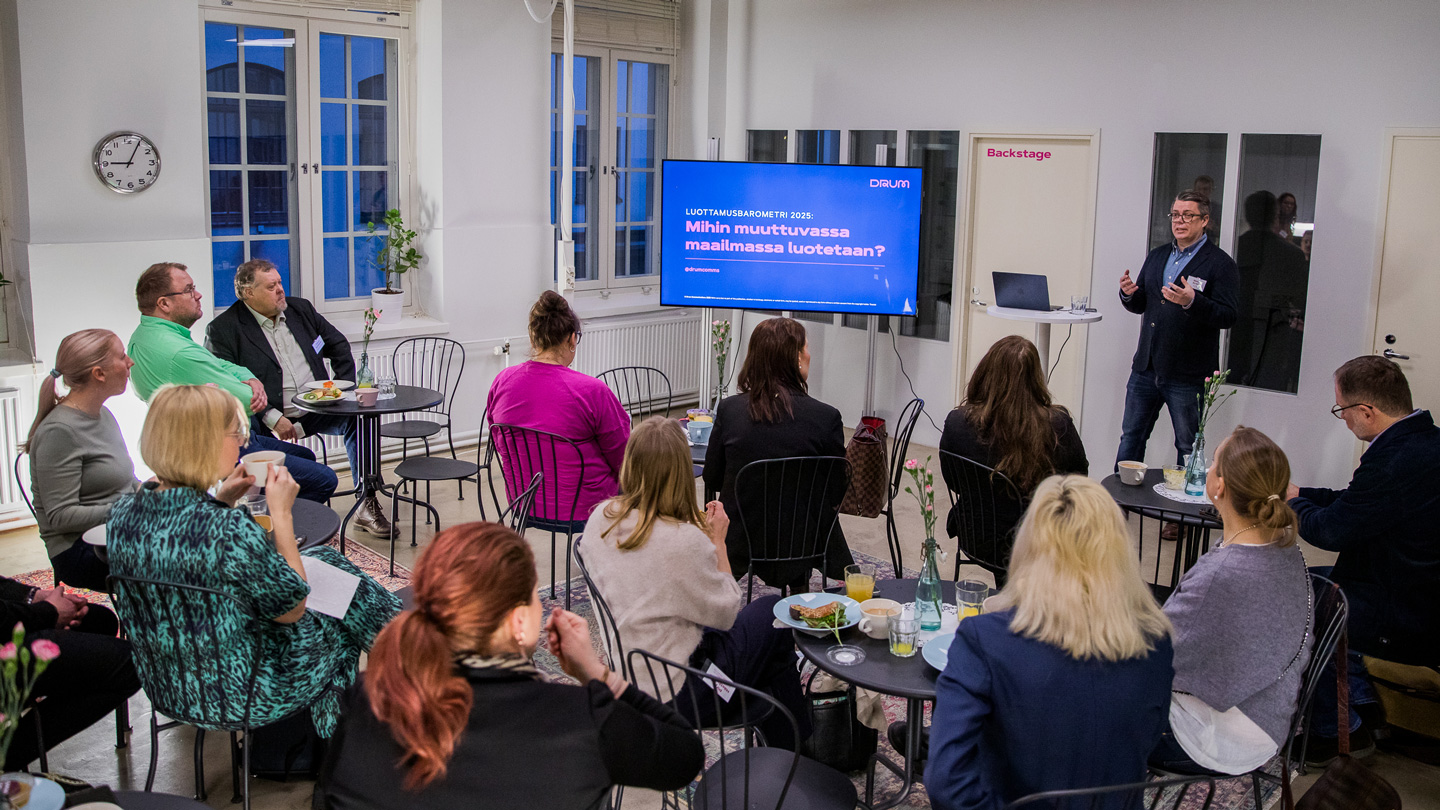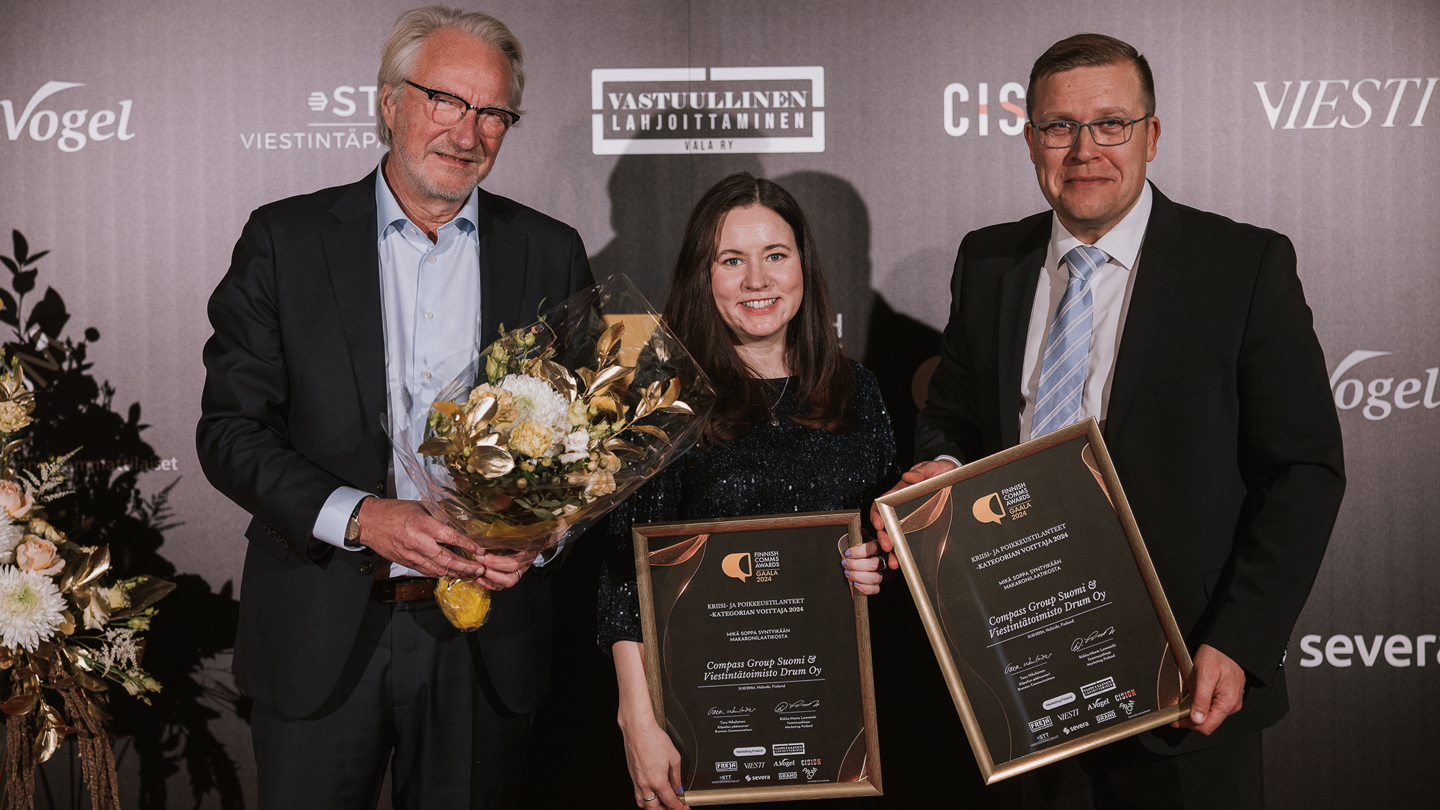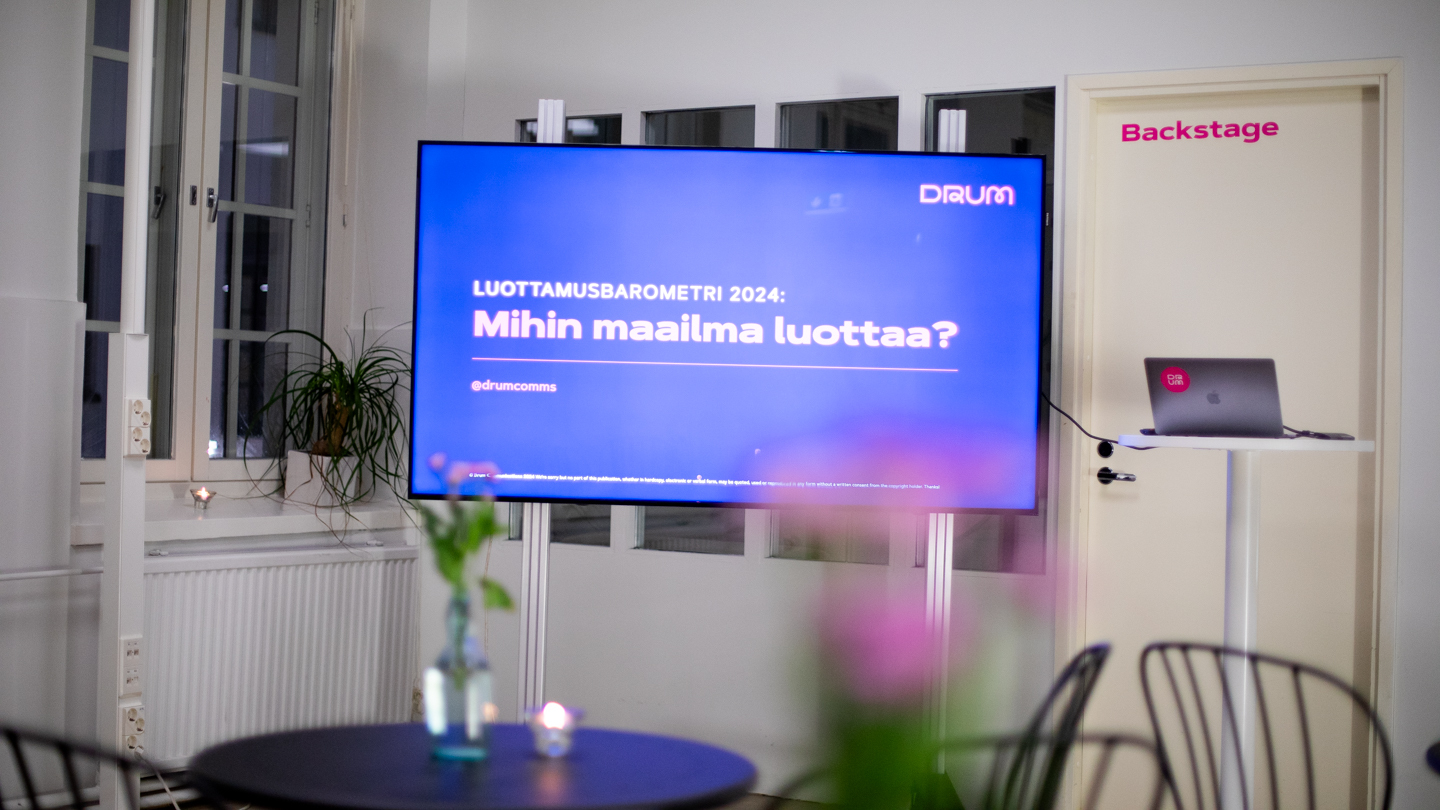New — 29.1.2025
Edelman International Trust Barometer: more than half of young adults approve hostile activism

Violence, cyber-attacks and destruction of property are increasingly seen as acceptable means of change around the world.
According to the global Edelman Trust Barometer, more than half of people under 34 (53%) agree with some form of hostile activism to drive social change. Across all age groups, 40% approve. Forms of hate activism include violence and threats of violence, cyber attacks, the spread of disinformation and the destruction of property.
The Edelman Trust Barometer was published for the 25th time and more than 33 000 people responded to it. The annual survey of trust and credibility, which takes place in 28 countries, focuses on four areas: the public’s trust in government, the media, businesses and charities. Finland is not included in the survey.
High dissatisfaction with governments and businesses
61% of respondents feel moderate or high levels of resentment towards governments and businesses. Respondents feel that governments and corporations serve the rich and leave citizens alone. 67% think that the rich do not pay their share of the tax burden. 63% fear a recession threatens jobs, and a similar number are worried about trade wars.
Almost two thirds of respondents (63%) fear being subjected to prejudice, discrimination and racism, up by as much as ten percentage points from last year. Fear of discrimination has increased markedly among men and women as well as across different income groups.
A growing trust gap – businesses can play a role in solving it
“The Barometer results are exceptionally stark. It is now particularly important to try to restore trust and meet people’s expectations of fairness”, says Jussi Eronen, Senior Consultant at Drum Communications, which represents Edelman in Finland.
Businesses receive more trust than governments in the barometer. Companies are seen as the only actors who are both competent and ethical.
“Businesses play an important role in building trust. This is not done alone, but in cooperation with government and NGOs,” says Jussi Eronen, Drum’s lead consultant.
“Trust is local. Businesses should work with local associations such as charities and organisations supporting the daily lives and activities of children and young people. They strengthen inclusion and build faith in the future,” says Eronen.
Further information and interview requests:
Tero Kekki
Stay tuned!
Subscribe to Drum's newsletter and
be among the first to receive the news.


